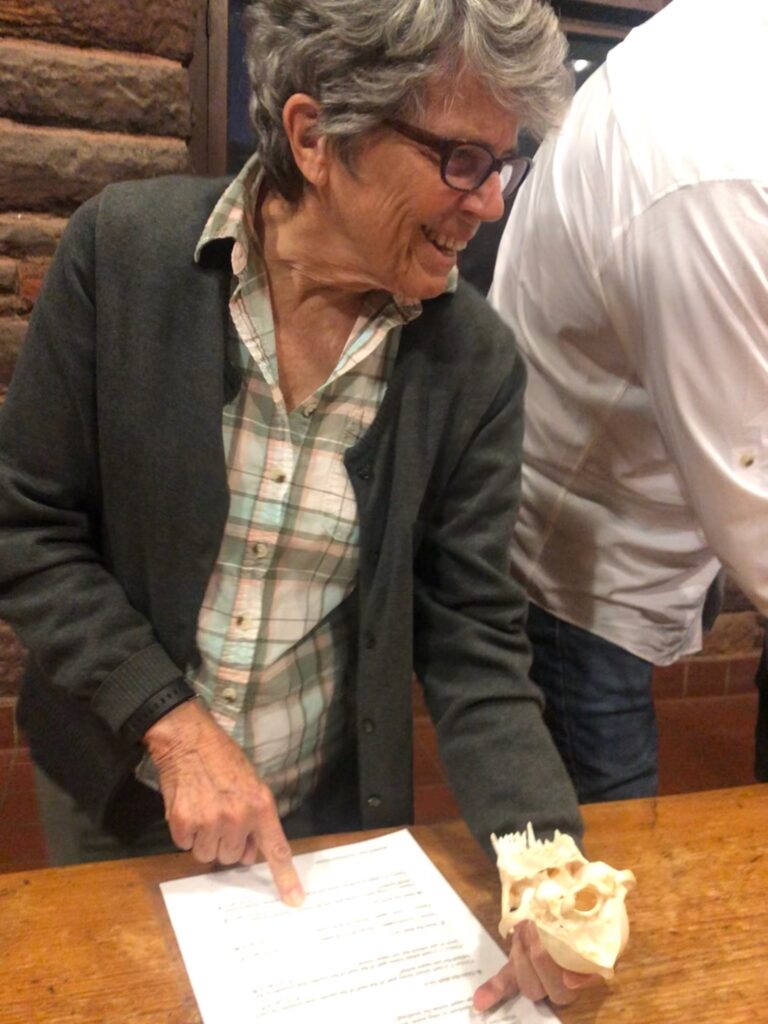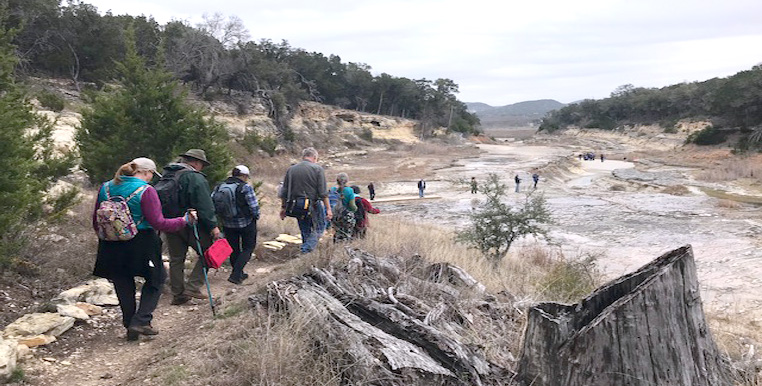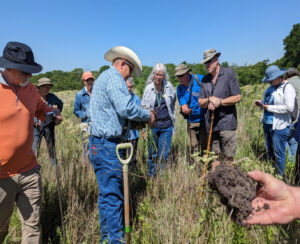We’re excited that you’re excited about learning more about the Texas Master Naturalist program. The mission of the Texas Master Naturalist is:
To develop a corps of well-informed volunteers to provide education, outreach, and service dedicated to the beneficial management of natural resources and natural areas within their communities for the State of Texas.
Many communities and organizations rely on such citizen volunteers for implementing youth education programs; for operating parks, nature centers, and natural areas; and for providing leadership in local natural resource conservation efforts. In fact, a short supply of dedicated and well-informed volunteers is often cited as a limiting factor for community-based conservation efforts.
To put it more simply:
We work within the communities of Bastrop and Caldwell counties to educate and assist in programs that drive a love of nature and conservation. Whether you like to be out in the community talking and educating, or in nature helping in the background, we have a spot for you.
Our goal is to use skills that you already have (love of nature, gardening, minerals, photography…the list goes on and on) to benefit the natural community around you. As part of this program, we will dive into learning about the world around us, including:
- Land and water management
- Plants, animals, bugs, and reptiles
- How weather and climate work, and how to explain it to others
- The unique geology of the area and how rocks, minerals, caves, and aquifers make our ecosystem special
- The original naturalist and how that has changed over time into citizen science
- And much much more!
Completing the program is a large time investment between January and June of 2026 and is open to any adults 18 and up. However, most participants consider it a life changing experience and chance to meet and work with other individuals on a common goal! The program requirements consist of:
- To Become a Master Naturalist (and receive your Master Naturalist Dragon Fly pin)
- Completion of a minimum of 40 of the approximately 60 hours of in-person “Basic Training” offered between January 17, 2026 and June 06, 2026. Classes are held on selected Monday evenings (typically 6-9pm) and Saturdays (typically 9am-noon). A schedule of classes and field trips that count towards the 40-hour Basic Training requirement will be posted on our website as soon as it is finalized.
- 40 hours of approved Master Naturalist volunteer service
- 8 hours of advanced training in an area of your choosing – think of it as your specialty.
- Passing a background check completed by Texas Parks and Wildlife Department.
- NOTE: The results of the background check are held confidentially by TPWD. The chapter will only see a record of an individual passing or not passing the check
- To Certify for Subsequent Years – And if you would like an animal pin for 2026 (The Bobcat)
- In addition to the above requirements, to become a 2026 Certified Master Naturalist (also known as a Double Certification), you must complete an additional 40 hours of volunteer service and 8 hours of Advanced Training in a subject of your choosing by the end of 2026.

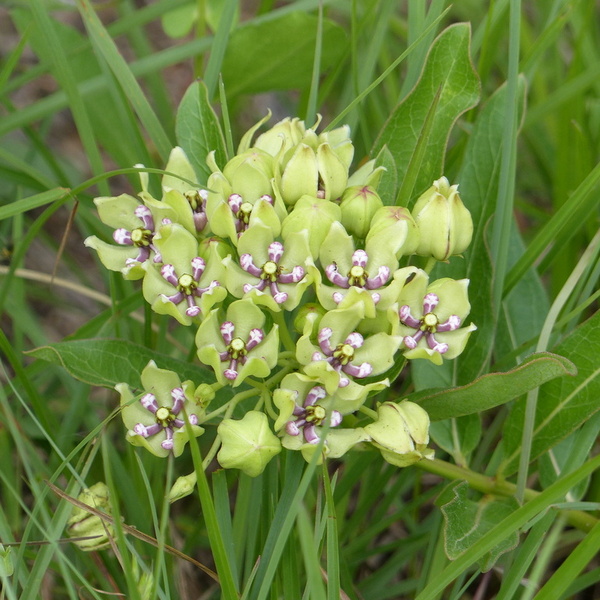
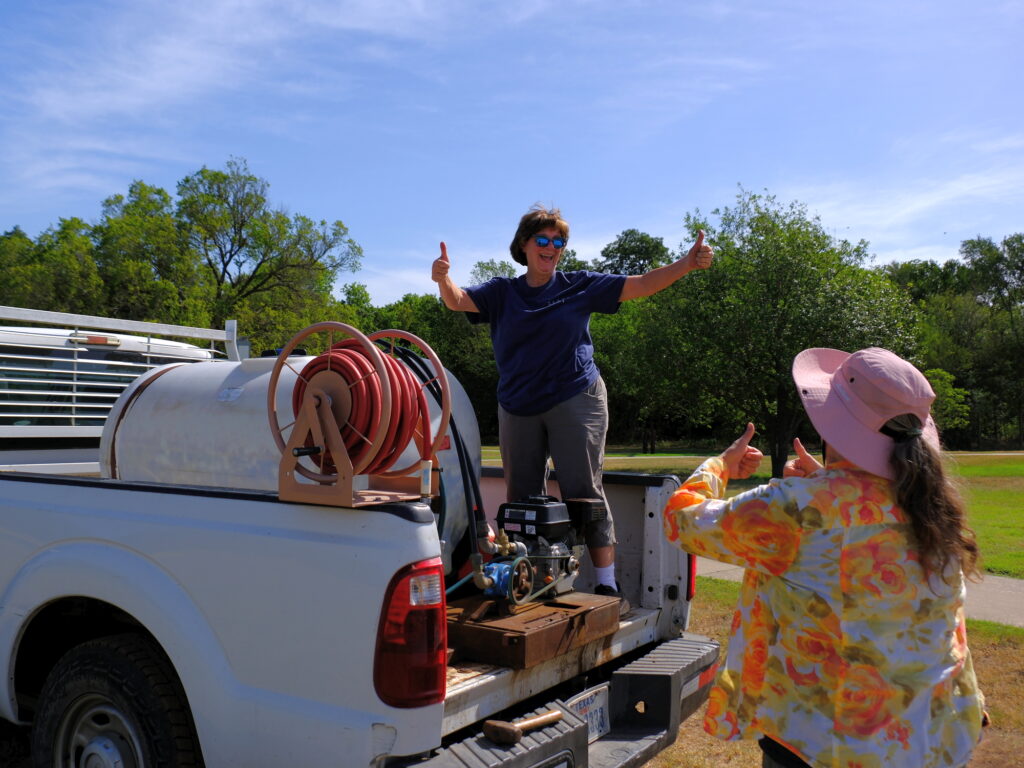
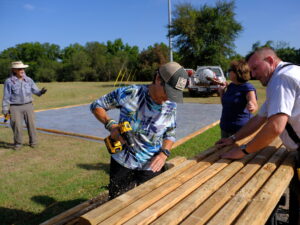


The fee for class can change based on your textbook preference. The fees are as follows. Please let us know which scenario applies to you.
- Class registration for 1 student with hardcover textbook – $165
- Class registration for 1 student, where you provide the textbook – $130
- Class registration for 2 students with one shared hardcover textbook – $295
- Class registration for 2 students, where you provide the textbook – $260
*The class fee includes textbook (at 50% of retail cost), supplies, field trip fees, and membership fees for 2026. (physical textbooks retail for $69, or the e-Book retails for $56) There will also be optional field trips available throughout the session that may have an additional small fee associated with them.
The application process will run through December 15th, 2025, and all applicants will be notified by Jan 1, 2026 of their statuses. Send us an email at [email protected] if you would like to be added to our prospective student mailing list.
Applications for 2026 are now closed. If you are still interested in the program, we will be having meet ups, public classes, and volunteer opportunities throughout 2026. Please send an email to [email protected] in order to be added to our mailing list!



